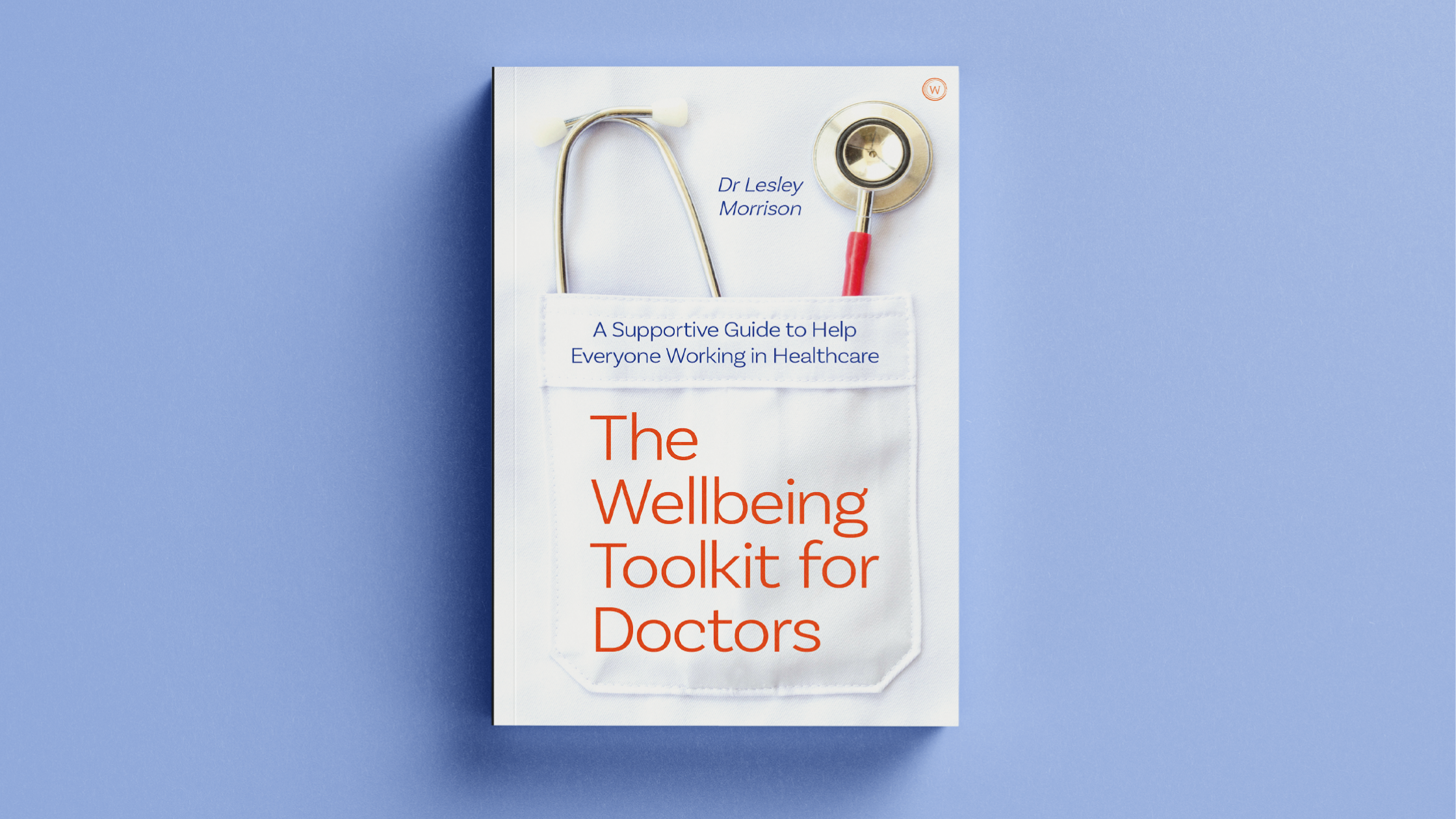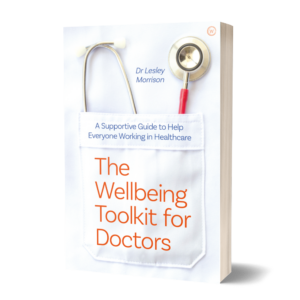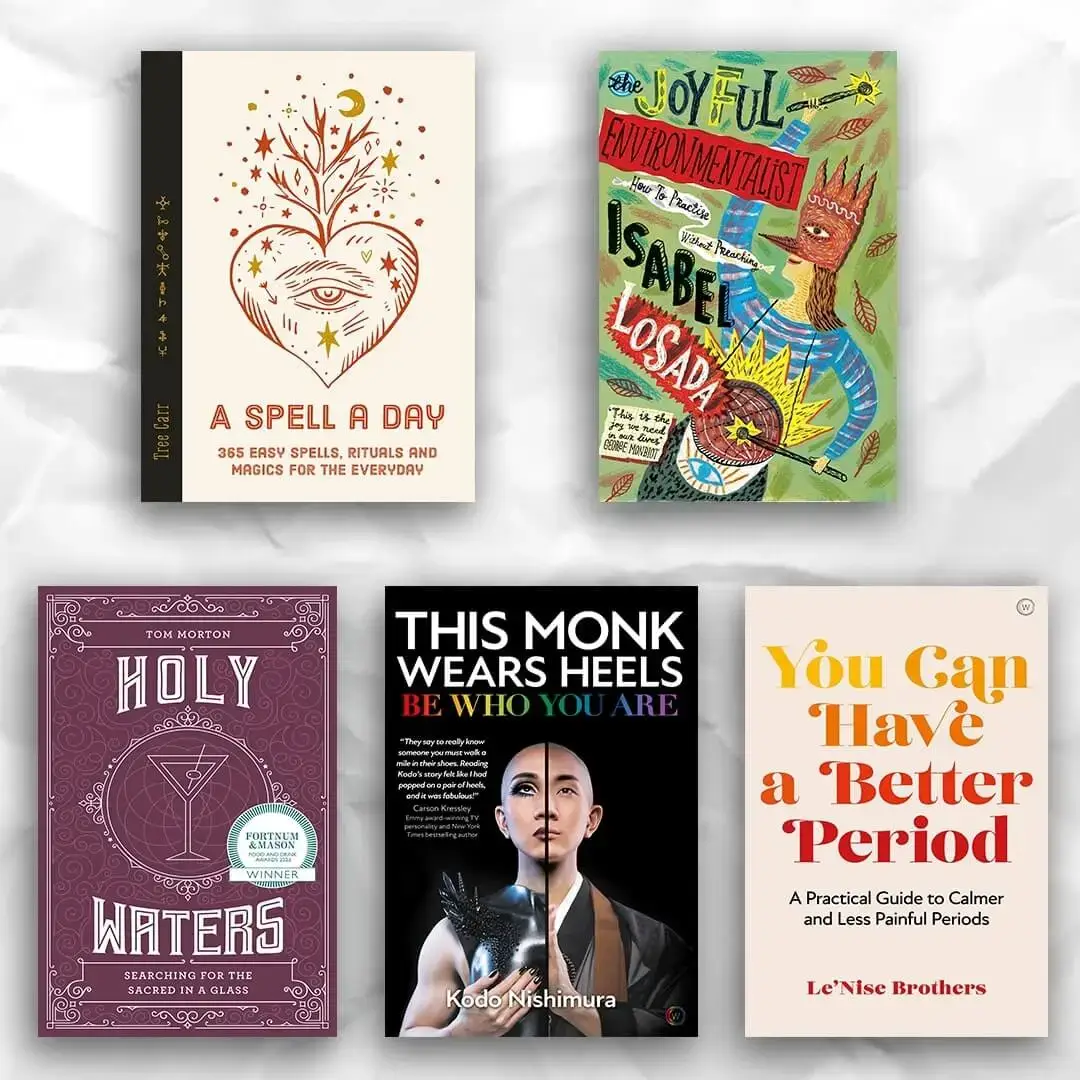How to Look After Your Mental Health and Keep Your Individuality as a Doctor

by Lesley Morrison
In the era of Zoom, I got to see myself while I was speaking or participating in meetings as I never had before, and realized to my horror that my facial expression was, well … very expressive and fluid. If I did not agree with something, it was immediately obvious. I wished that I had been aware of this level of transparency during years of sitting in practice, and other meetings, and genuinely thinking that I was keeping my adverse responses to what was being said privately. To those whom I may have offended, I belatedly apologize!
Holding up a (metaphorical) mirror to really look at yourself and examine how you are doing and if you are keeping well can be useful. It can also be disturbing; it may reveal aspects of yourself and your practice that you had previously chosen to ignore.
Honest reflection can take you forward, but it may be painful. It may provide insight into how you care for patients and also how patient care is affecting you. Medicine can be very rewarding, but it can also be tough and extremely demanding. Unless you look after yourself, it can also come at high personal cost.
Everyone struggles at some point; some just hide it better than others.
While writing this book, and in an attempt to keep up to speed with the rapidly developing Covid-19 story, I tuned in to many webinars and listened to many podcasts. Some were useful and informative and I felt I was learning from experts in their fields. Others were less than useful. For example, when senior managers spouted “bureau-speak”, which painfully reminded me how depersonalizing and dehumanizing working with big organizations can be. Sometimes you can feel like a square peg in a round hole, not fitting and very uncomfortable and worried that, in order to try to fit, you need to sacrifice your individuality.
So, how to survive?
- Celebrate our differences.
Clearly, working in a health organization, we need to comply with organizational policies, and those of us working in the NHS are connected by the founding ethos of the organization: to provide equal quality of care for everyone, free at the point of service. But we are all different and we all make distinct contributions.
Together, we make up the jigsaw of the organization, but each of us is a piece of a different shape, with different skills, attributes and personalities. And these differences should be celebrated. By trying to push a square peg into a round hole, the peg will break; by trying to force pieces of the jigsaw together, they will be damaged. Each of us is unique, each has their own story and each of us needs to feed that individuality, that uniqueness, and keep our spirit and our creativity alive.
- Know that you can’t please all the people/patients/ colleagues/trainers all the time.
You need to filter critique through the personal circumstances and personalities of the person offering it. Patient surveys, intended to provide useful comment, sometimes serve up feedback that is less than appetizing. One patient questionnaire distributed by our practice asked the question, “Is there anything that could be improved?” One of my dear patients replied, “The doctor’s patronizing manner”. And I thought I was being kind, listening and attentive!
- Understand that the important aspects of care can’t easily be measured and, because of that, are often unacknowledged and undervalued.
When you’re feeling appraised to the hilt and knee deep in recorded reflections (both potentially useful ways of assessing progress but, done to excess and applied in a routinized and tick-box way, unsupportive), take a moment to write down in your private work diary (for your eyes only) an appreciative word that a patient said to you or a funny/odd/bizarre incident that occurred during your day. It will help to reinforce the positive experiences and remind you that you are a person and not a number. - As in direct patient care, small acts of kindness by management can make a huge difference.
One junior doctor I know had developed a close relationship with the family of a patient who was dying. When he died, his brother wrote to the doctor thanking her, and to the clinical director commending her on her care. The clinical director took five minutes out of a very busy day to pen a letter to the doctor, congratulating her and saying how pleased he was that she had upheld the high standards of the hospital. That letter enabled the doctor to feel like a person rather than rota-fodder. - Listen to, and learn from, your patients.
A patient I saw in my first surgery in my new practice, Maeve, had just lost her mum. What she said stayed with me: “There’s no one like your mum.” When, at the end of my GP career, I was trying to decide whether to leave my practice to have more time with my mum when she was getting near to the end of her life, I heard an echo of what Maeve had said and it helped me make the right decision. - Finally, enjoy being a doctor.
It’s hard and it can at times be demoralizing, but it’s a great privilege to share people’s lives and their stories. To care for and be compassionate to others, we first need to be compassionate to, look after, and be kind to ourselves. To deal with others’ stress, we need to find ways of coping with our own. Keeping a balance between professional, personal and social pressures can be very tricky. We need to develop and pass on skills and tools for emotional survival.
We need to keep looking in the mirror and being honest with ourselves about how we’re doing.

The Wellbeing Toolkit for Doctors offers tools to help doctors enjoy their work again. During stressful times, the practice of self-care becomes vital to prevent burnout. The coronavirus pandemic has required new levels of dedication, resilience and hard work, and the mental health impact on health professionals working through it has been immense.
Doctors can thrive in their jobs, with the right support in place. This toolkit shows those working in healthcare how to gather the necessary support for their own wellbeing, in order to fully serve those in their care.

Lesley Morrison worked as a GP for 25 years. She believes that the role of a doctor is to promote holistic health care and to engage with the wider issues which affect health. She has a longstanding interest in the role of medical humanities in medical education and clinical care, and she is co-editor of Tools of the Trade, a book of poetry gifted to all Scottish medical graduates with the aim of offering support and nurturing creativity. She strongly believes that, in order to care for others, doctors need to care for themselves.


